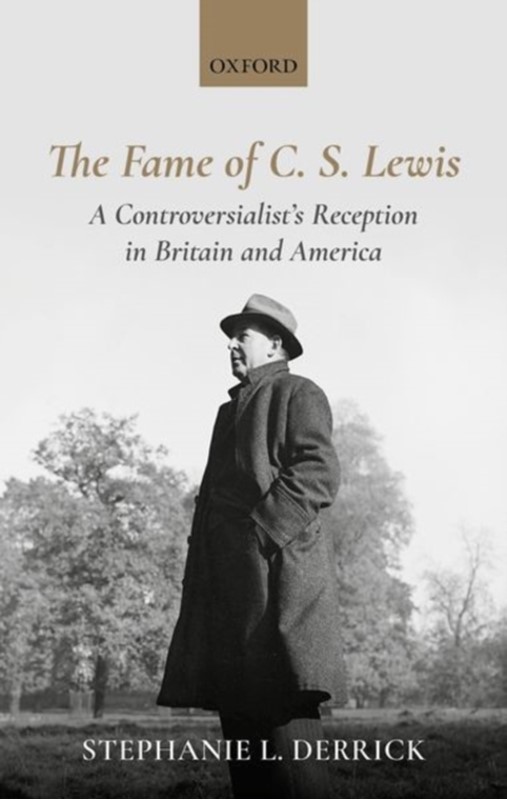Shakespeare's Reading - Robert S. (gerard Manley Hopkins Professor Of English) Miola - Bog - Oxford University Press - Plusbog.dk
Oxford Shakespeare Topics (General Editors Peter Holland and Stanley Wells) provide students, teachers, and interested readers with short books on important aspects of Shakespeare criticism and scholarship, including some general anthologies relating to Shakespeare. Shakespeare''s Reading explores Shakespeare''s marvellous reshaping of sources into new creations. Beginning with a discussion of how and what Elizabethans read - manuscripts, popular pamphlets, and books - Robert S. Miola goes on to examine Shakespeare''s use of specific texts such as Holinshed''s Chronicles, Plutarch''s Lives, and Chaucer''s The Canterbury Tales. As well as reshaping other writers'' work, Shakespeare transformed traditions - the inherited expectations, tropes, and strategies about character, action, and genre. For example, the tradition of Italian love poetry, especially Petrach, shapes Romeo and Juliet as well as the sonnets; the Vice figure finds new life in Richard III and Falstaff. Employing a traditional understanding of sources as well as more recent developments in intertextuality, this book traces Shakespeare''s reading as well as inspiring the sonnets; the Vice figure is translated into Richard III and Falstaff. Employing a traditional understanding of sources as well as more recent developments in intertextuality, this book tracks Shakespeare''s reading throughout his career, as it inspires his poetry, histories, comedies, tragedies, and romances. Repeated references to the plays in performance enliven and enrich the account.



















